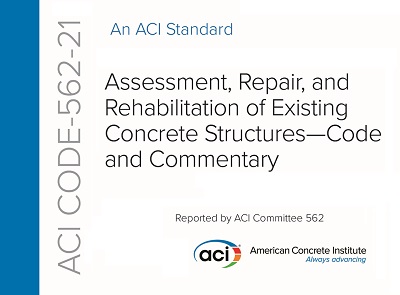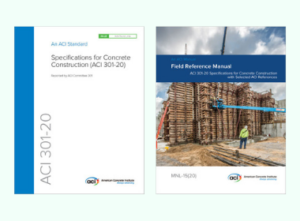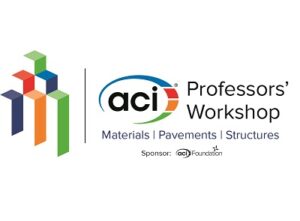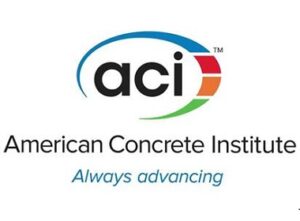 The American Concrete Institute (ACI) has released ACI CODE-562-21 Assessment, Repair, and Rehabilitation of Existing Concrete Structures – Code and Commentary in print and digital formats. The committee developed the code to provide design professionals with a code for the assessment of the damage and deterioration. It also specifies the design of appropriate repair and rehabilitation strategies.
The American Concrete Institute (ACI) has released ACI CODE-562-21 Assessment, Repair, and Rehabilitation of Existing Concrete Structures – Code and Commentary in print and digital formats. The committee developed the code to provide design professionals with a code for the assessment of the damage and deterioration. It also specifies the design of appropriate repair and rehabilitation strategies.
The committee wrote the ACI CODE-562-21 specifically to integrate it into building codes as a mechanism for building officials. This allows for increased confidence in performed repairs, ensuring they do these repairs in a manner that provides an acceptable level of protection for the public. Previous versions of ACI CODE-562 have already been adopted by North Carolina, Hawaii, Ohio, and Florida.
“This fourth edition of ACI CODE-562 now provides users with clearer direction when approaching a repair project using the document in conjunction with the IEBC or as a stand-alone code,” states Michael L. Tholen, ACI Managing Director, Engineering and Professional Development. “ACI CODE-562-21 provides all parties involved in a concrete repair project with a common and clearly defined set of requirements upon which to base its assessment, repair, and rehabilitation.”
This repair code is immediately available to subscribers of both the online ACI Collection of Concrete Codes, Specifications, and Practices and the ACI Concrete Repair Subscription. You can also purchase it individually in print or digital formats.
To learn more about this code or to purchase, visit concrete.org/aci562
About ACI
The American Concrete Institute is a leading global authority for the development, dissemination, and also adoption of its consensus-based standards. It also serves as a technical resource and offers educational, training and certification programs. The association began in 1904. Additionally, it has its headquarters in Farmington Hills, Michigan, USA. It also has a regional office in Dubai, UAE. Additionally, the ACI has a resource center in Southern California. For further information, visit www.concrete.org














